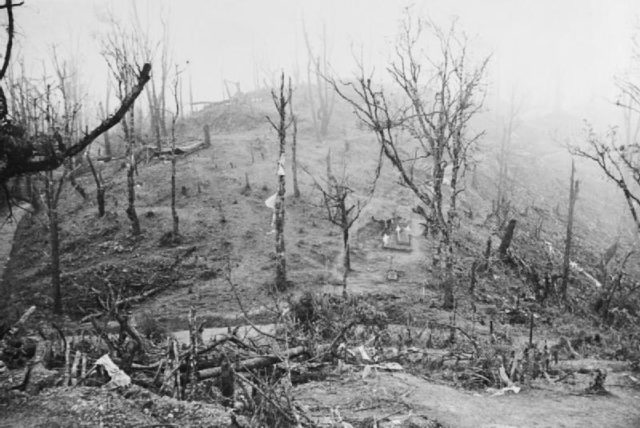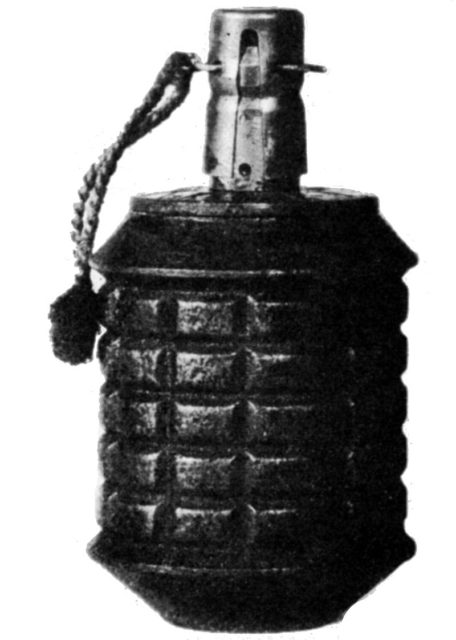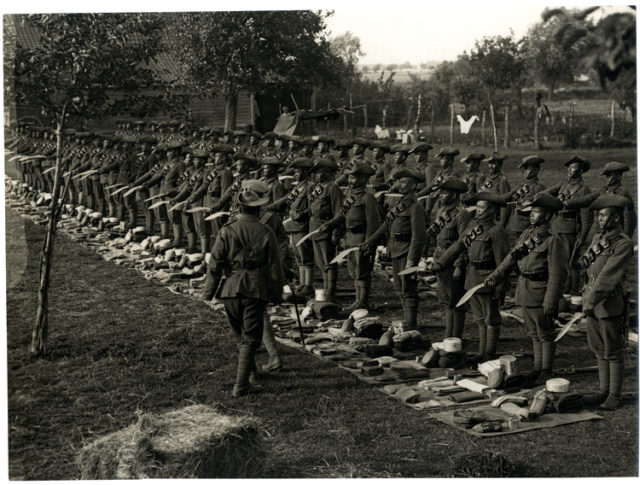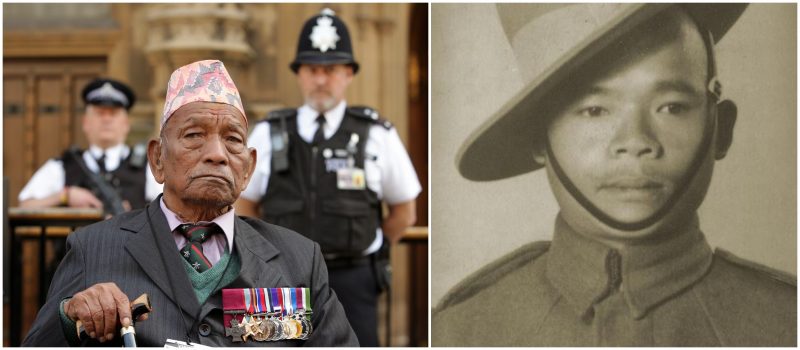Never mess with a Gurkha. Not everyone knows this, but then again, many people don’t know what a Gurkha/Gorkha is. Gurkhas were a branch of troops from Nepal who historically served with the British army and now serve around the world. Gurkha troops served admirably during WWI, winning nearly 2,000 awards for bravery serving in virtually every theatre of the war.
In WWII, the Japanese Empire spread through Asia and the Pacific. Americans mostly recall the island hopping and battles over patches of turf like Guadalcanal and Iwo Jima. The British fight (supported by China and some Americans) against Japan centered around Burma (Myanmar) and was a terrible slugfest in the depths of the South Asian jungles.

The Gurkhas were a major force for the British in the Burma campaign and on May 13th, 1945, five days after victory in Europe, the Gurkhas would face intense Japanese assaults. Lachhiman Gurung and his detachment manned the forward-most position on the banks of the Irrawaddy River.
A little after one in the morning the Japanese led a furious assault with around 200 men. The attack was aimed at Gurung’s position as he and his comrades held a hill that would give the Japanese sweeping views and attack lanes to the rear of British positions.
The Japanese started their assault by tossing grenades into the foxhole of Gurung. Gurung responded by calmly grabbing the grenades and tossing them back. After a couple of times doing this, Gurung’s luck ran out as a grenade exploded in his right hand as he was trying to throw it away.

The blast took off Gurung’s fingers and most of his hand. It fractured several bones in his right arm and left shrapnel wounds in his right leg and face, damaging his eye. Gurung’s comrades were completely incapacitated by the blast, and so the defense fell to Gurung.
He brought up his rifle with his left arm and gunned down the advancing Japanese, even reloading with his left hand. Try reloading a rifle with your non-dominate hand, it’s quite difficult, even without life-threatening wounds.
Bleeding profusely in the middle of the night, Gurung held off sporadic assaults for four hours. As the sun rose, the Japanese assault faded away. Of the approximately 200 Japanese attackers, 87 of them were dead, with 31 of them laying in the immediate vicinity of Gurung’s location.
Gurung was immediately hospitalized where he would eventually lose his right eye. His right arm was saved, but he lost most of the use of his right hand. He would be awarded the Victoria Cross for his actions.
Gurung still wanted to serve and was allowed to return to his unit, staying with them through the liberation of India in 1947. He retired shortly after to work on a farm in his native Nepal.

Gurung had five children and eventually moved to London where he would pass away from pneumonia in 2010. The Gurkhas again served in nearly every theatre of the world war, earning close to 3,000 awards for bravery.
The Gurkhas were known for outstanding bravery in battle and their use of the fearsome Kukri blade as a utility knife and in battle.
Sir Ralph Turner, a well-known British professor, had this to say about the Gurkhas: “Uncomplaining you endure hunger and thirst and wounds; and at the last, your unwavering lines disappear into the smoke and wrath of battle. Bravest of the brave, most generous of the generous, never had country more faithful friends than you.”
https://www.youtube.com/watch?v=_ulTFLcPinU
